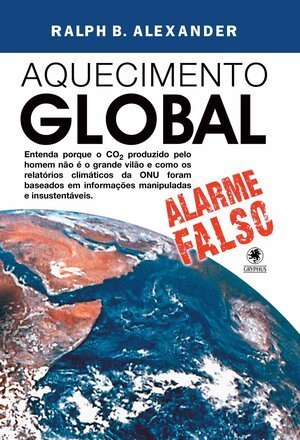The Sugar Industry: Sugar Daddy to Manipulated Science?
/Industry funding of scientific research often comes with strings attached. There’s plenty of evidence that industries such as tobacco and lead have been able to manipulate sponsored research to their advantage, in order to create doubt about the deleterious effects of their product. But has the sugar industry, currently in the spotlight because of concern over sugary drinks, done the same?
This charge was recently leveled at the industry by a team of scientists at UCSF (University of California, San Francisco), who accused the industry of funding research in the 1960s that downplayed the risks of consuming sugar and overstated the supposed dangers of eating saturated fat. Both saturated fat and sugar had been linked to coronary heart disease, which was surging at the time.
The UCSF researchers claim to have discovered evidence that an industry trade group secretly paid two prominent Harvard scientists to conduct a literature review refuting any connection between sugar and heart disease, and making dietary fat the villain instead. The published review made no mention of sugar industry funding.
A year after the review came out, the trade group funded an English researcher to conduct a study on laboratory rats. Initial results seemed to confirm other studies indicating that sugars, which are simple carbohydrates, were more detrimental to heart health than complex or starchy carbohydrates like grains, beans and potatoes. This was because sugar appeared to elevate the blood level of triglyceride fats, today a known risk factor for heart disease, through its metabolism by microbes in the gut.
Perhaps more alarmingly, preliminary data suggested that consumption of sugar – though not starch – produced high levels of an enzyme called beta-glucuronidase that other contemporary studies had associated with bladder cancer in humans. Before any of this could be confirmed, however, the industry trade organization shut the research project down; the results already obtained were never published.
The UCSF authors say in a second paper that the literature review’s dismissal of contrary studies, together with the suppression of evidence tying sugar to triglycerides and bladder cancer, show how the sugar industry has attempted for decades to bury scientific data on the health risks of eating sugar. If the findings of the laboratory study had been disclosed, they assert, sugar would probably have been scrutinized as a potential carcinogen, and its role in cardiovascular disease would have been further investigated. Added one of the UCSF team, “This is continuing to build the case that the sugar industry has a long history of manipulating science.”
Marion Nestle, an emeritus professor of food policy at New York University, has commented that the internal industry documents unearthed by the UCSF researchers were striking “because they provide rare evidence that the food industry suppressed research it did not like, a practice that has been documented among tobacco companies, drug companies and other industries.”
Nonetheless, the current sugar trade association disputes the UCSF claims, calling them speculative and based on questionable assumptions about events that took place almost 50 years ago. The association also considers the research itself tainted, because it was conducted and funded by known critics of the sugar industry. The industry has consistently denied that sugar plays any role in promoting obesity, diabetes or heart disease.
And despite a statement by the trade association’s predecessor that it was created “for the basic purpose of increasing the consumption of sugar,” other academics have defended the industry. They point out that, at the time of the industry review and the rat study in the 1960s, the link between sugar and heart disease was supported by only limited evidence, and the dietary fat hypothesis was deeply entrenched in scientific thinking, being endorsed by the AHA (American Heart Association) and the U.S. NHI (National Heart Institute).
But, says Nestle, it’s déjà vu today, with the sugar and beverage industries now funding research to let the industries off the hook for playing a role in causing the current obesity epidemic. As she notes in a commentary in the journal JAMA Internal Medicine:
"Is it really true that food companies deliberately set out to manipulate research in their favor? Yes, it is, and the practice continues.”
Next: Grassroots Climate Change Movement Ignores Actual Evidence





